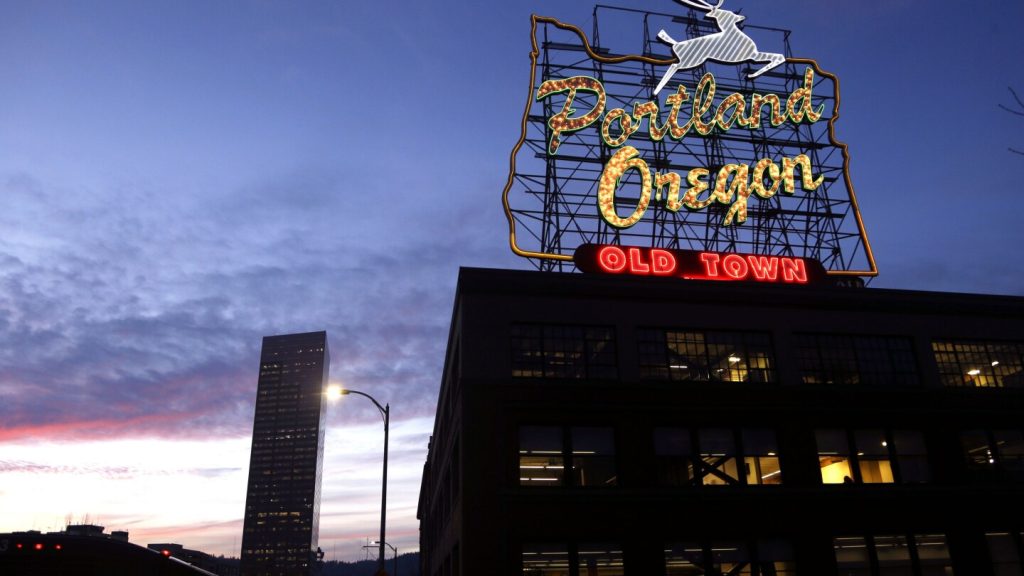Portland, Oregon is seeing a lot of political changes as the city gears up for an open mayoral race featuring 19 candidates. The incumbent, Mayor Ted Wheeler, decided against seeking reelection after facing growing frustration over issues like homeless encampments. Wheeler gained national attention in 2020 during the protests following the police killing of George Floyd. The winner of the mayoral seat will oversee a new system of government in Portland, which will now have a City Council consisting of 12 members elected by voters in individual districts. Ranked-choice voting will be used for the first time in this election.
The changes in Portland’s charter aim to open the door for more diversity in city politics. Numerous candidates of color are running for the new council seats and mayor in the majority-white city. However, the logistics of the new system remain unclear, causing uncertainty among voters and candidates. Concerns over issues like homelessness and public drug use continue to be key topics in the campaign. Homelessness, in particular, is a major concern for Portland residents, with different candidates presenting varying approaches to solve the issue.
City council members Rene Gonzalez and Carmen Rubio are leading in fundraising among the mayoral candidates, along with Keith Wilson, a trucking company CEO. Gonzalez has pushed for stricter enforcement of anti-camping rules, while Rubio has called for better coordination in the homelessness response system. Wilson, on the other hand, has pledged to end unsheltered homelessness in his first year as mayor. The leading fundraisers are followed by Mingus Mapps, a city council member, and Liv Østhus, a writer and stripper. The recent revelations about Rubio’s driving record have shaken up the race, opening opportunities for other candidates like Wilson.
The new ranked-choice voting system introduces a different dynamic to the mayoral race, allowing voters to rank their preferences on the ballot. If no candidate receives over 50% of the votes in the first round, the count continues to subsequent rounds with the candidate with the fewest votes getting eliminated each time. With Rubio and Gonzalez potentially splitting votes, Wilson may emerge as a strong contender. Portland State University professor Chris Shortell noted that the new system, combined with the large number of candidates, creates uncertainty for both candidates and voters. It may take multiple election cycles for residents to fully understand and adapt to the changes.
Overall, the political landscape in Portland is undergoing significant changes with a mayoral race featuring a diverse group of candidates and a new system of government in place. Issues like homelessness remain at the forefront of the campaign, with candidates presenting differing approaches to address the problem. The revelations about candidates’ driving records have added twists to the race, creating opportunities for lesser-known candidates like Keith Wilson. With the introduction of ranked-choice voting, the outcome of the election may not be as straightforward as in previous years. As Portland embarks on this new chapter in its political history, both candidates and voters will navigate through the uncertainties and complexities of the evolving system.


